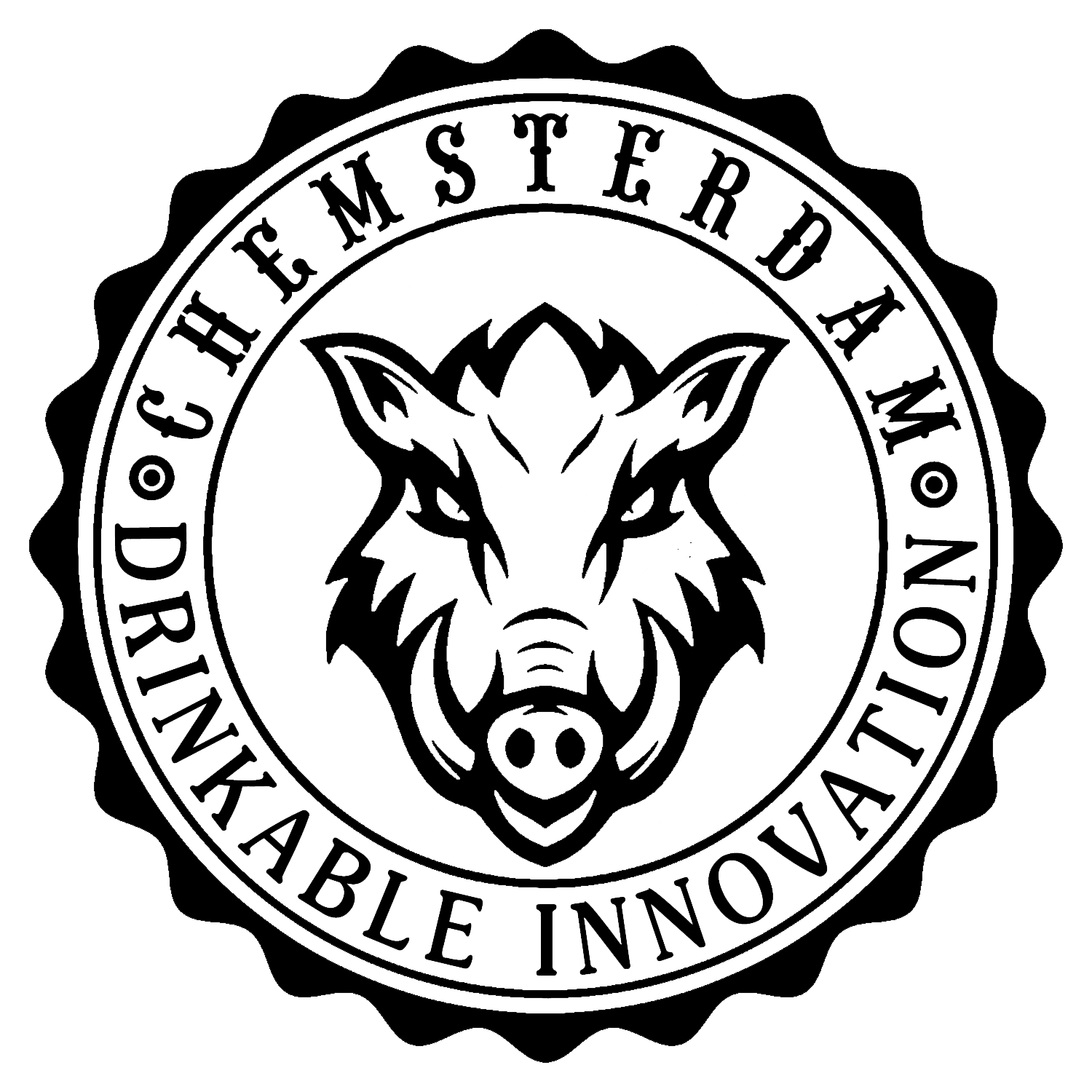P.A.N.D.A B.V.: Why do we sell our Baijiu in EU first?
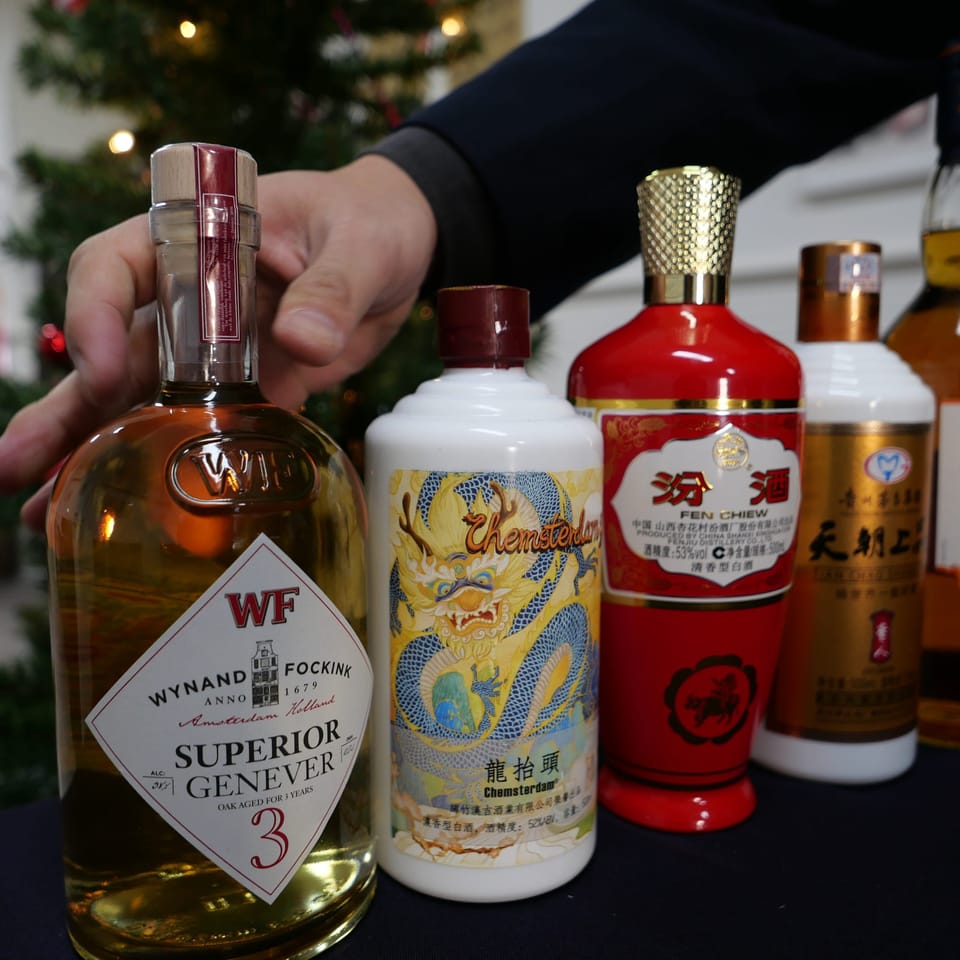
In a market teeming with myriad brand stories, the path to distinctiveness often involves stepping beyond familiar boundaries to engage with a more discerning and rational consumer base. This narrative is vividly embodied by the journey of Cheerful Distillery, a brand with deep historical roots and a forward-looking vision.
Hanji Liquor once had ambitious aspirations to carve out a small niche in the Chinese market through a logical approach to product development. However, we did not succeed.
We, Mianzhu Hanji Liquor, accept the fact: we failed to compete with other capital supported "brands". We cannot sustain a price war with our authentic products.
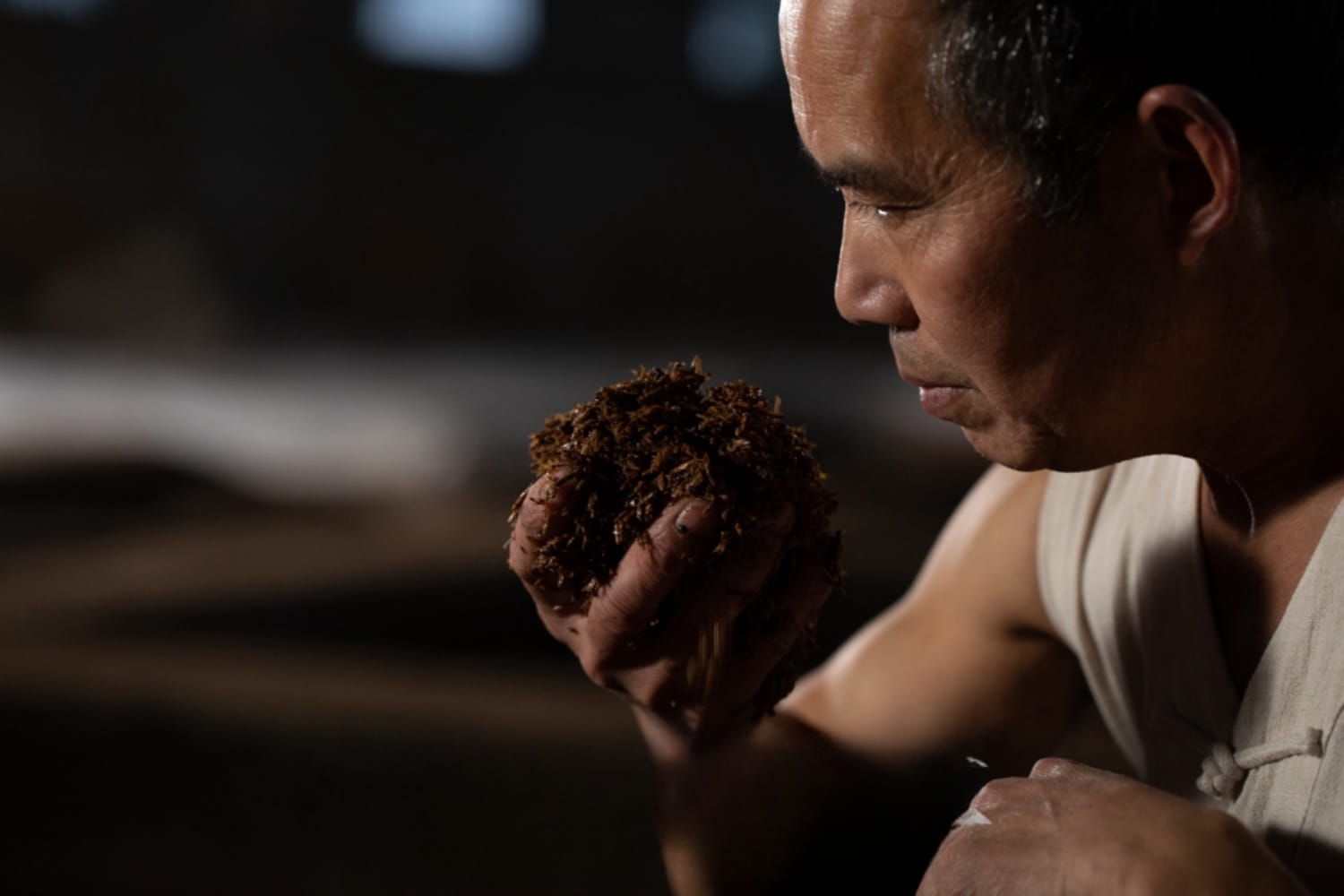
The History of Cheerful Distillery - 1 of 100000
Cheerful Distillery's tale begins officially in 1978 in Qifu Town, classified as a township enterprise by China's industrial and commercial administration. Yet, this marks merely a chapter in its storied existence, which harks back to the late Qing Dynasty. Surviving a sequence of monumental events, including the Westernization Movement, the Sino-Japanese War, and various socio-political upheavals through to the economic reforms of the 2000s, Cheerful Distillery's resilience in continuing to produce high-quality Baijiu is noteworthy. The distillery, enriched with tales possibly untold, echoes the old Chinese adage, "I have wine, and I have stories. Would you like to join me for a drink?”
The turn of the millennium brought pivotal changes, transitioning the distillery from a collective to the private hands of the Ji family, its key managers and technical guides. Privatization also saw the local leading brand becoming exclusive to another family, prompting Cheerful Distillery to carve its own path independently, relying solely on its merit in the absence of a co-branded identity. Despite lesser-known branding, the distillery's offerings rival the quality of famed counterparts, maintaining affordability.
One and One Thousand Goals
Cheerful's narrative is not isolated but resonates across China, where numerous distilleries share a similar fate following the privatization of collective-owned entities. Lack of brand consciousness among initial private owners led to fragmented brand identities, limiting the growth prospects of many small to medium-sized distilleries. Hans Ngo's exploration extends beyond Cheerful to uncover analogous patterns in renowned liquor belts like Luzhou, Yibin, and Renhuai.
The Composition of Price
Product pricing intricacies pivot around balancing cost-efficiency in raw materials, craftsmanship, and financial outlays against consumer expectations and market acceptance. The essence lies in offering value for money, making judicious pricing indispensable. The modern product landscape demands a focus on user needs over elaborate packaging or exorbitant marketing, practices notably observed in European markets where price disparities are minimal, underscoring product quality over presentation.
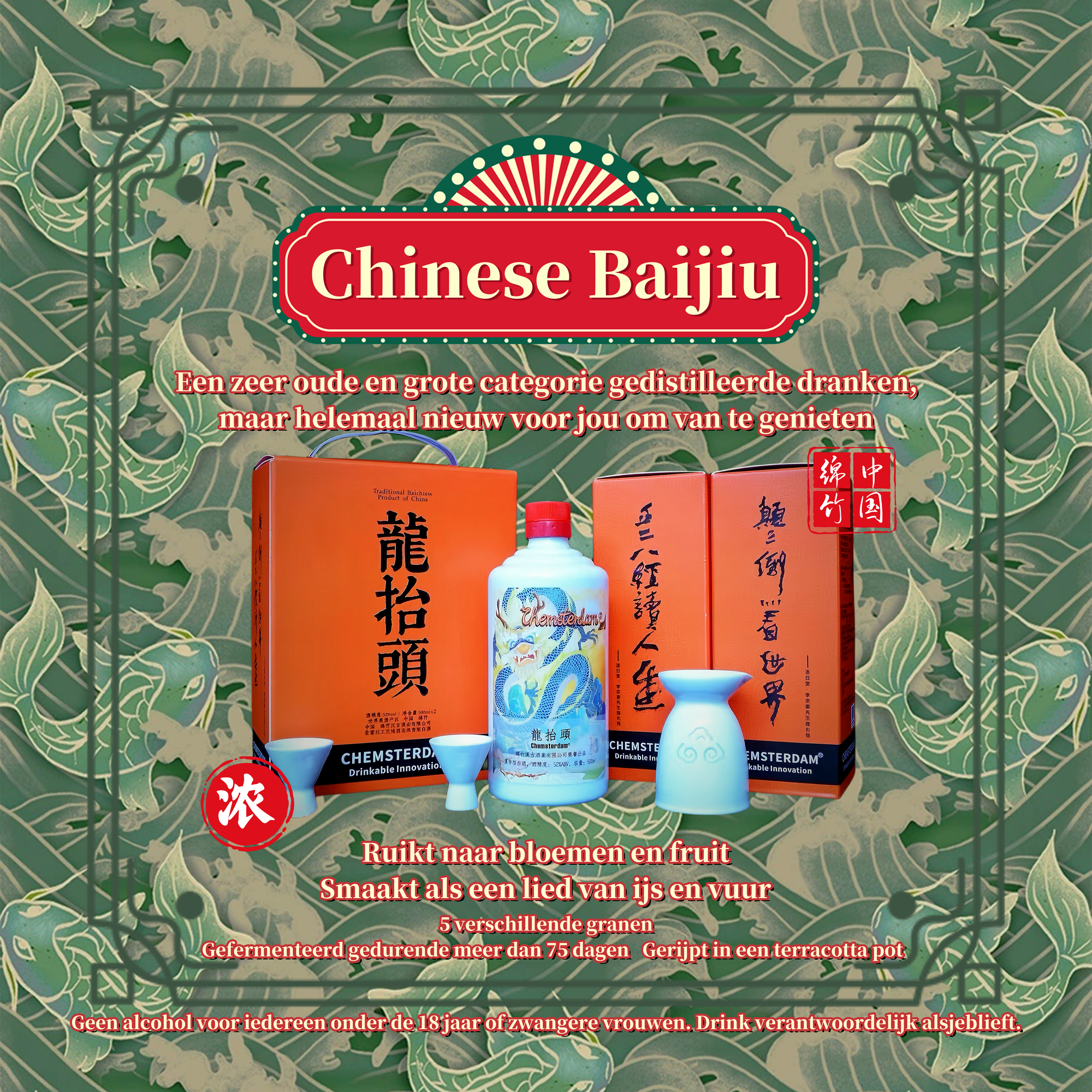
Product Design Should Align with Customer-Centered Approach
The Chinese market, characterised by entrenched brand hierarchies and capital-driven hype, poses significant challenges for smaller liquor enterprises seeking brand establishment. Hans Ngo's counsel to Velynne Ji of Cheerful Distillery advocates for an initial international foray as a strategy to circumvent domestic market saturation, leveraging the anonymity and product-centric preferences of mature markets to build a genuine brand reputation.
The early stages of new product development
In the nascent stages, a product's intrinsic value is paramount, devoid of any brand leverage. The goal is to cater to an inclusive audience, necessitating a global perspective in product design to transcend local biases and achieve broader acceptance, hence designing a product for the world rather than for a niche.
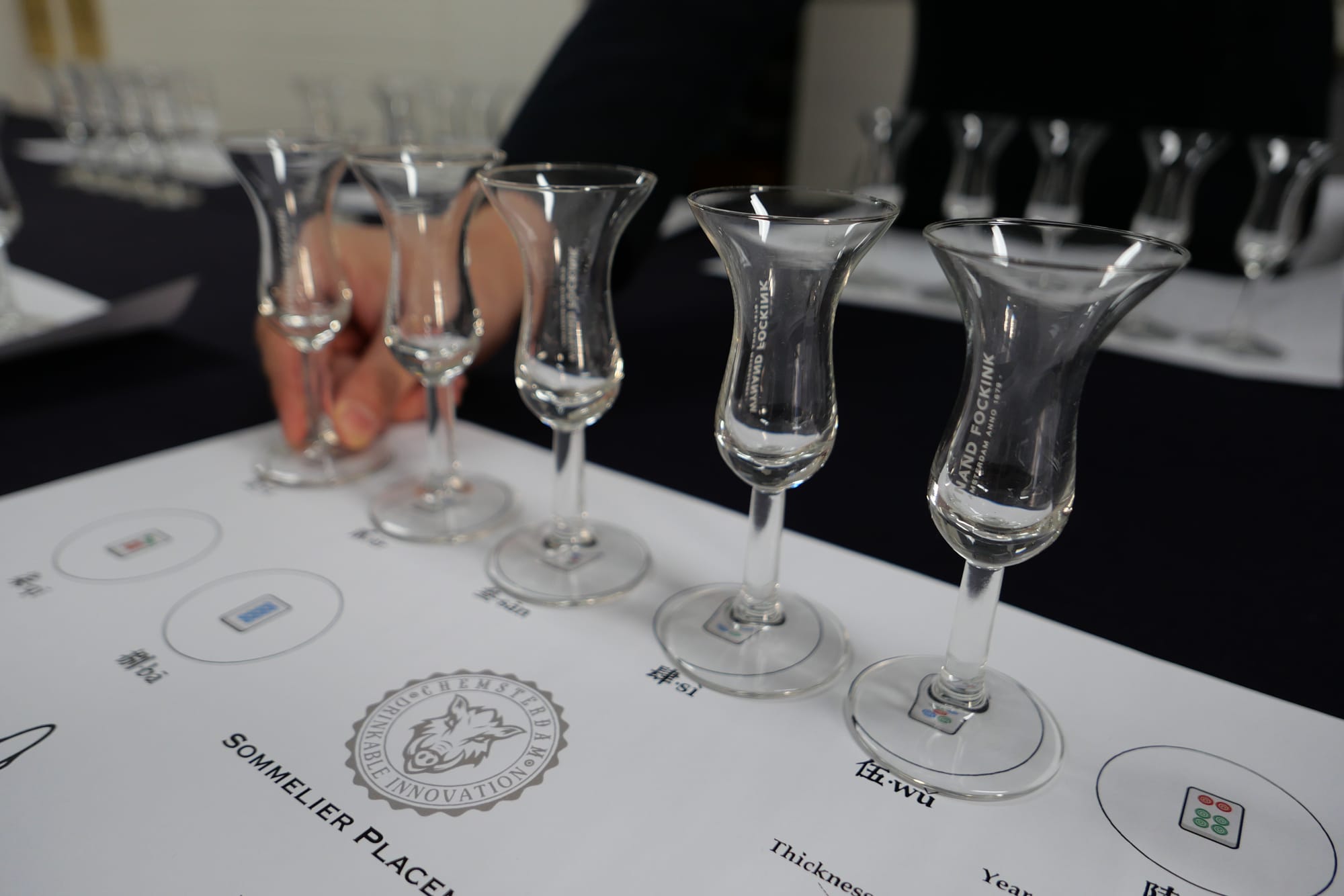
Value the Product without Psychological Effect Through Blind Tasting
In the international arena, the psychological impacts of price and branding are mitigated, offering a level playing field. Initiatives like P.A.N.D.A B.V. enable European consumers to encounter Chinese Baijiu unbiasedly, fostering an environment where quality prevails. Such strategies, coupled with stringent European food and beverage regulations, compel brands like Cheerful to elevate their standards, thereby enhancing product quality fundamentally.
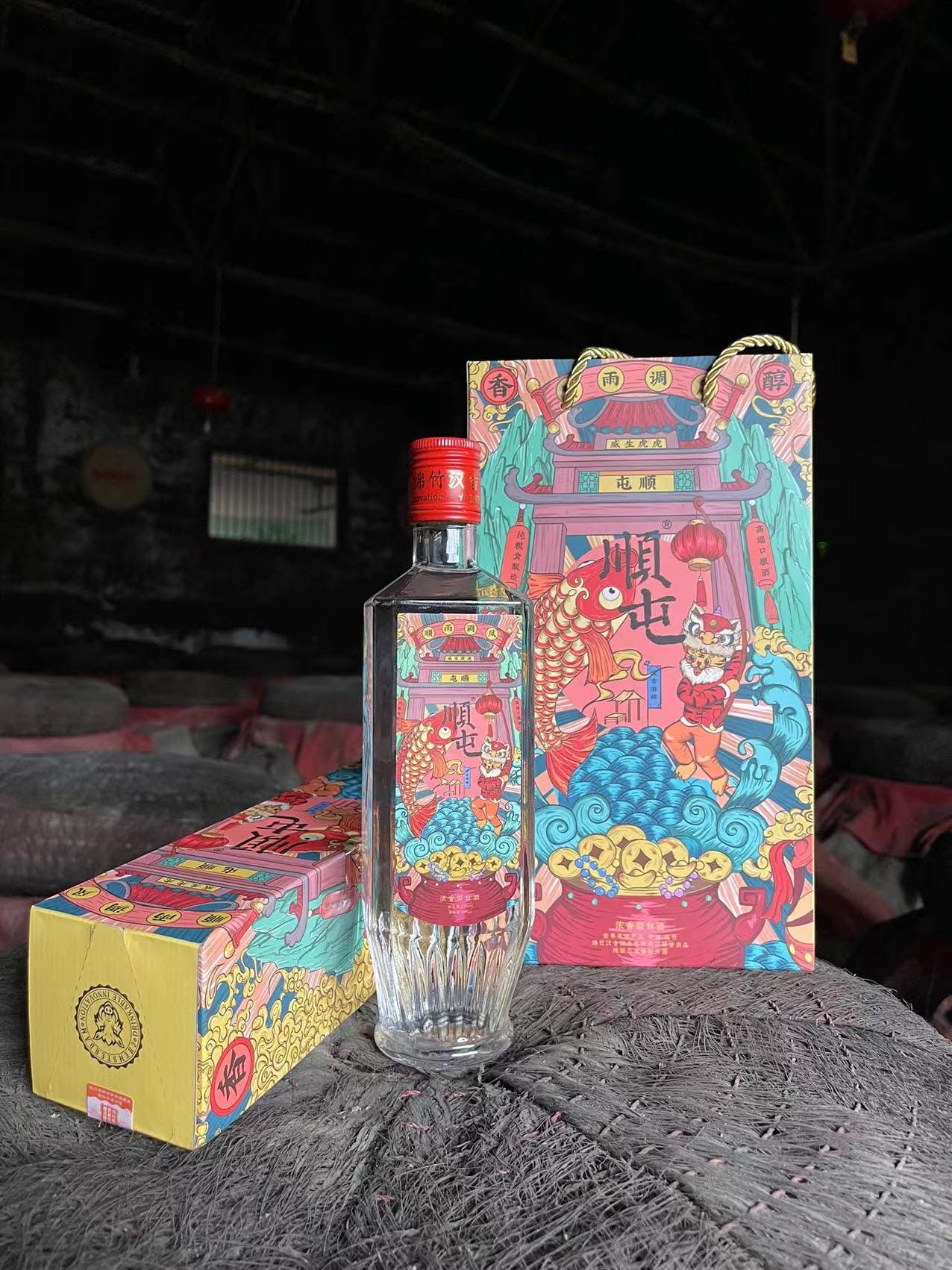
Maintaining high quality while rationalising product prices
The consumer's role as a brand benefactor underscores the necessity for broad acceptance, predicated on delivering value. This principle is evident in European markets where product quality transcends packaging extravagance, aligning with the ethos that the essence of spirits lies in their taste, not their container.
Cheerful Distillery's journey, from its historical origins to its strategic repositioning in a global context, encapsulates the intricate dance of heritage, quality, and market dynamics, offering insights into the evolving landscape of brand building in the competitive world of spirits.
Vision of P.A.N.D.A B.V.
Spirits are inherently products of a circular economy. Initially, surplus grains or fruits were transformed into fermented beverages, which were then distilled and aged in wooden barrels or ceramic pots to avoid waste, yielding delicious distilled spirits as a result of circular economy practices. As long as humanity relies on agriculture, the production of spirits will persist. The production of spirits is influenced by various factors such as environment, materials, techniques, and aging, naturally leading to a diverse range of spirit styles. China's vast territory means that the geographical differences between its Baijiu-producing regions are as significant as those between countries in Europe, resulting in category-level variations among Baijius produced in China, though they are all collectively referred to as Baijiu.
For the founders of P.A.N.D.A B.V., it's clear that Chinese Baijiu encompasses many subcategories, each with production and consumption volumes comparable to or exceeding certain internationally recognized spirit categories. For instance, the rice-aroma type Baijiu, which has the smallest production volume among the four basic aroma types of Baijiu, including other 3: Strong-Aroma, Light-Aroma and Soy-Sauce Aroma, exceeds the production of Mexico's signature Tequila, while the strong-aroma type Baijiu's production volume surpasses that of globally popular Whiskey by several folds.
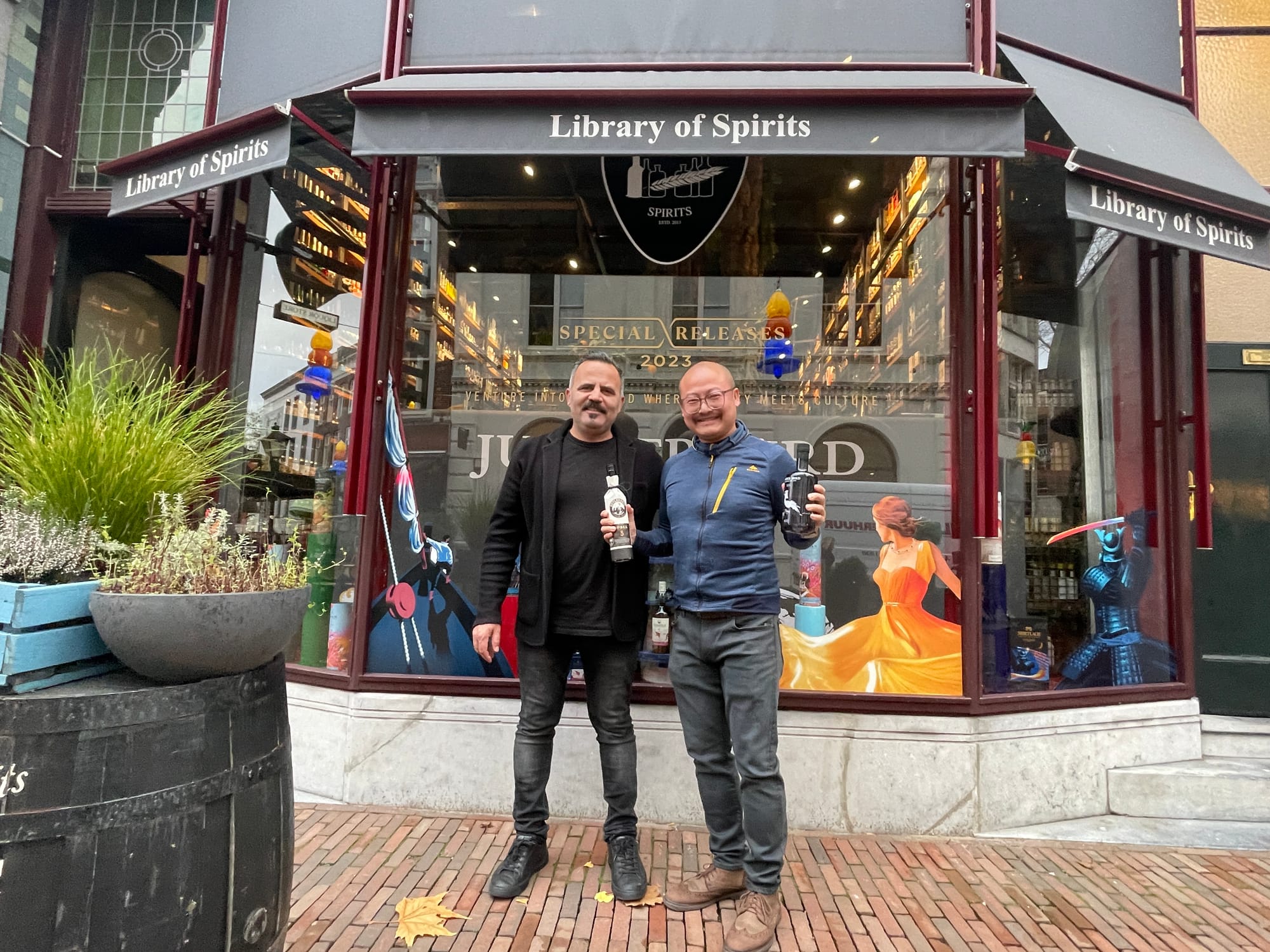
P.A.N.D.A B.V. believes that all spirits have their unique characteristics and beauty. The key is to appreciate the beauty of different types of Baijiu, rather than to debate which is better or worse, especially since the appreciation of beauty is highly subjective. Thus, it's natural for different people to prefer different spirits. However, there is an inherent conflict between the roles of spirit sommeliers and distillers. While sommeliers excel at discovering beauty, distillers must sell their products to make a living, often claiming their spirits are superior. Addressing this, Hans Ngo, founder of P.A.N.D.A B.V., noted that their initial role as an importer of Chinese Baijiu was born out of necessity, as purchasing others' products for resale requires capital. However, their ultimate goal, after accumulating more capital through their sales, is to expose end-users to a wider range of flavors, which may include their own products or those produced by others. They recognize that they cannot replicate the unique natural conditions of other distilleries, making it impossible to produce the same spirits.
Therefore, P.A.N.D.A's ultimate aim is to offer a variety of spirits to everyone, serving as a platform for all diligent distilleries committed to traditional craftsmanship in producing quality spirits. P.A.N.D.A B.V. will buy and sell between the West and the East.
Hans Ngo added that "P.A.N.D.A" stands for Premium Alcohol Network and Distilleries Alliance, a clever acronym that resonates with his Chengdu, Sichuan heritage, home to the world-famous panda 🐼, symbolizing the essence of P.A.N.D.A B.V.'s mission.
Afterwords
P.A.N.D.A Motto
West of the west is the east, while east of the east is the west.
The symbol of global integration is enabling every individual to find what they love on a global scale, ultimately leading to mutual appreciation and respect among everyone.
This is what UNIVERSAL LOVE all about.
